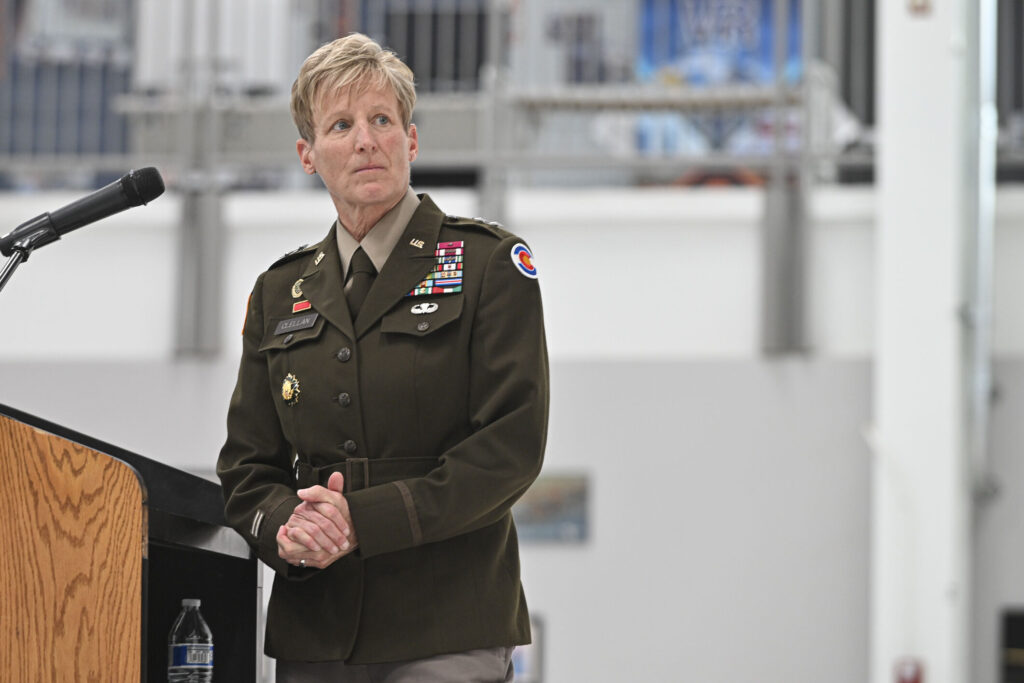Panel advances bill to help formerly convicted youth access jobs

Moving on from a juvenile criminal conviction might get easier in Colorado after a House panel advanced legislation sponsors say will help formerly convicted youth get jobs.
If enacted, House Bill 1383 would prohibit employers from asking applicants about criminal histories from when they were minors, including on applications or during interviews. The bill would also spend $1.1 million on expanding career training and technical education in juvenile detention centers.
“We want to have opportunity for all kids and all youth so that they have reason to move forward and make their lives better,” said Rep. Cathy Kipp, D-Fort Collins, one of the bill’s sponsors. “It’s making sure that once kids get out of the system, when they go to find a job, they have some protections from being asked about certain crimes.”
Though most juvenile criminal records are sealed, Kipp said employers frequently ask applicants to disclose this private information and hold it against them during the hiring process.
Even after 10 years in the workforce, juveniles convicted of crimes are less likely to have full-time employment and less likely to have high-earning jobs, even when controlling for ability, education and general work experience, according to an analysis from the Federal Reserve Bank of St. Louis.
Rep. Richard Holtorf, R-Akron, said he chose to sponsor the bill because, during his decades of running a cattle ranch farm, he has hired many people with criminal backgrounds who came to the country seeking a fresh start.
“I was raised to always give somebody a chance. Despite the sins of the past, always take somebody on the merits of today and what they can offer tomorrow,” Holtorf said. “If you can help youth in the beginning, you can change the trajectory of their life forever.”
The bill would not prevent employers from running background checks or accessing information about an applicant’s criminal history that is publicly available, such as juvenile records for sexual or violent crimes. The bill would also exempt licensed child care centers, including youth camps, from following the new requirements.
The House Judiciary Committee voted, 8-3, in support of the bill on Tuesday, sending it to the Appropriations Committee for consideration.
All Democrat committee members voted in favor of the bill, while three of the four Republican members voted against it. The one Republican “yes” vote – Rep. Rod Bockenfeld of Watkins – specified that he is supporting the bill for now but may change his mind when it reaches the floor.
Some of the opponents said they need more information about how questioning former employers about an applicant would factor into the bill – for example, whether they could ask former employers if the prospective employee got into trouble while working for them.
“In an industry that has high turnover and high instances of employee theft, it would be important to me to be able to suss out that prior information,” said Rep. Colin Larson, R-Littleton, who voted against the bill.














